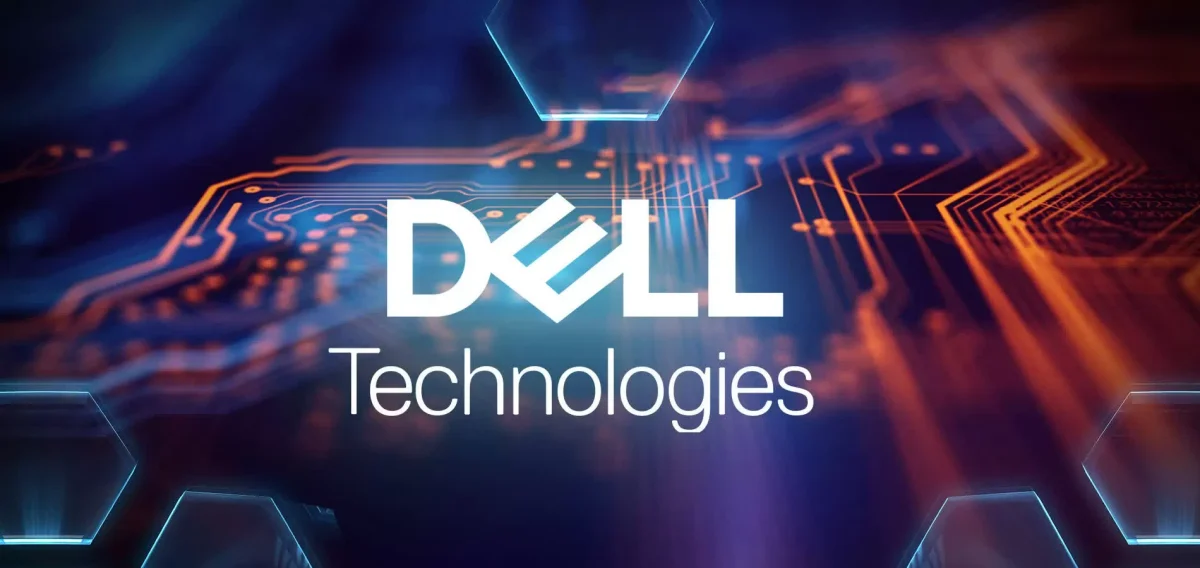
When we think of disruptive business models today, we often look toward AI startups or consumer a. But some of the most radical change is happening inside legacy enterprises, far behind the scenes. Dell’s “Project Maverick” is a prime example of this silent disruptio
Unlike firms built from the ground up for AI, Dell is dealing with vast organizational resources: 4,700 applications, 70,000 servers, and over 10,000 databases. The plan, launched in late 2024, is to consolidate and modernize them into a standardized platform, initially affecting Dell’s Client Solutions Group in early 2026, followed by the Infrastructure Solutions Group (Business Insider, 2025).
Simultaneously, Dell is building out its AI infrastructure stack. With innovations in ObjectScale, the latest AI Data Platform update (developed with NVIDIA and Elastic) can handle everything from unstructured data ingestion to real-time analysis across massive datasets. New servers powered by Blackwell Ultra GPUs promise up to four times faster AI training than previous generations (Technology Magazine, 2025; Reuters, 2025).
Crucially, Dell is not doing this alone. The company has partnered with Deloitte consultants to guide Project Maverick and is advancing its AI Factory initiative. This combines hardware, software, and services so enterprise customers can deploy AI more seamlessly, whether on-prem or in the cloud (Business Insider, 2025; Technology Magazine, 2025).
However, scaling internal infrastructure is expensive and complex. Risks include delays, data migration errors, employee resistance, and the uncertainty of whether customers will immediately feel the benefit. The transformation may improve agility and capability, but only if Dell avoids another cycle of tech-debt accumulation.
Project Maverick demonstrates that true disruption often does not lie in flashy apps, but in the systems that support them. The question is: can Dell reinvent itself fast enough to compete with AI-native rivals, or will its outdated foundations prove impossible to escape?
Sources
- Business Insider. (2025). “We got a look at ‘Project Maverick,’ Dell’s top-secret plan to overhaul its systems for the AI future.” https://www.businessinsider.com/project-maverick-dell-secretive-plan-overhaul-systems-for-ai-future-2025-9
- Technology Magazine. (2025). “How Dell’s New AI Platform Turns Data into Instant Insights.” https://technologymagazine.com/news/how-dells-new-ai-platform-turns-data-into-instant-insights
- Reuters. (2025). “Dell unveils new AI servers powered by NVIDIA chips, boost enterprise adoption.” https://www.reuters.com/business/dell-unveils-new-ai-servers-powered-by-nvidia-chips-boost-enterprise-adoption-2025-05-19/


